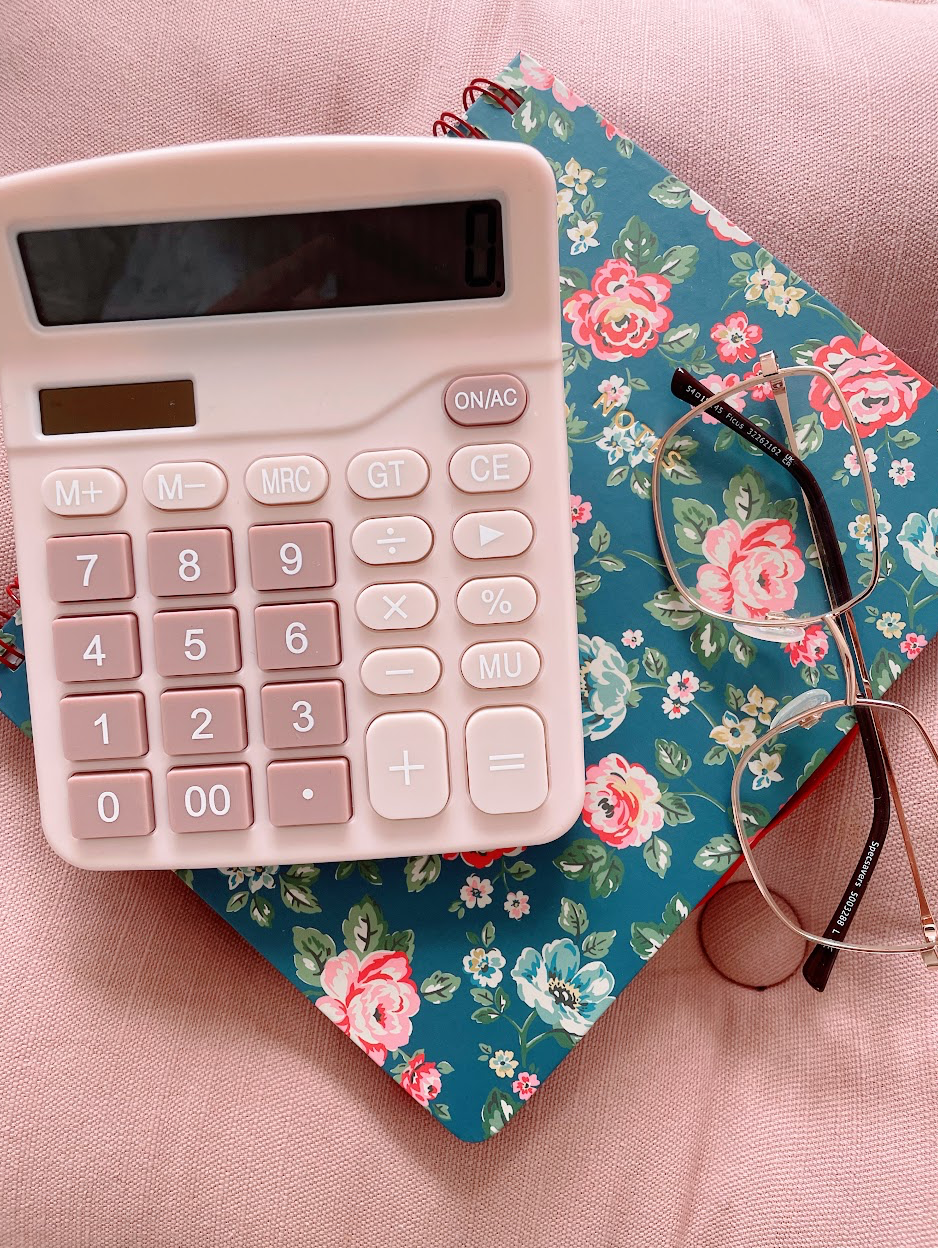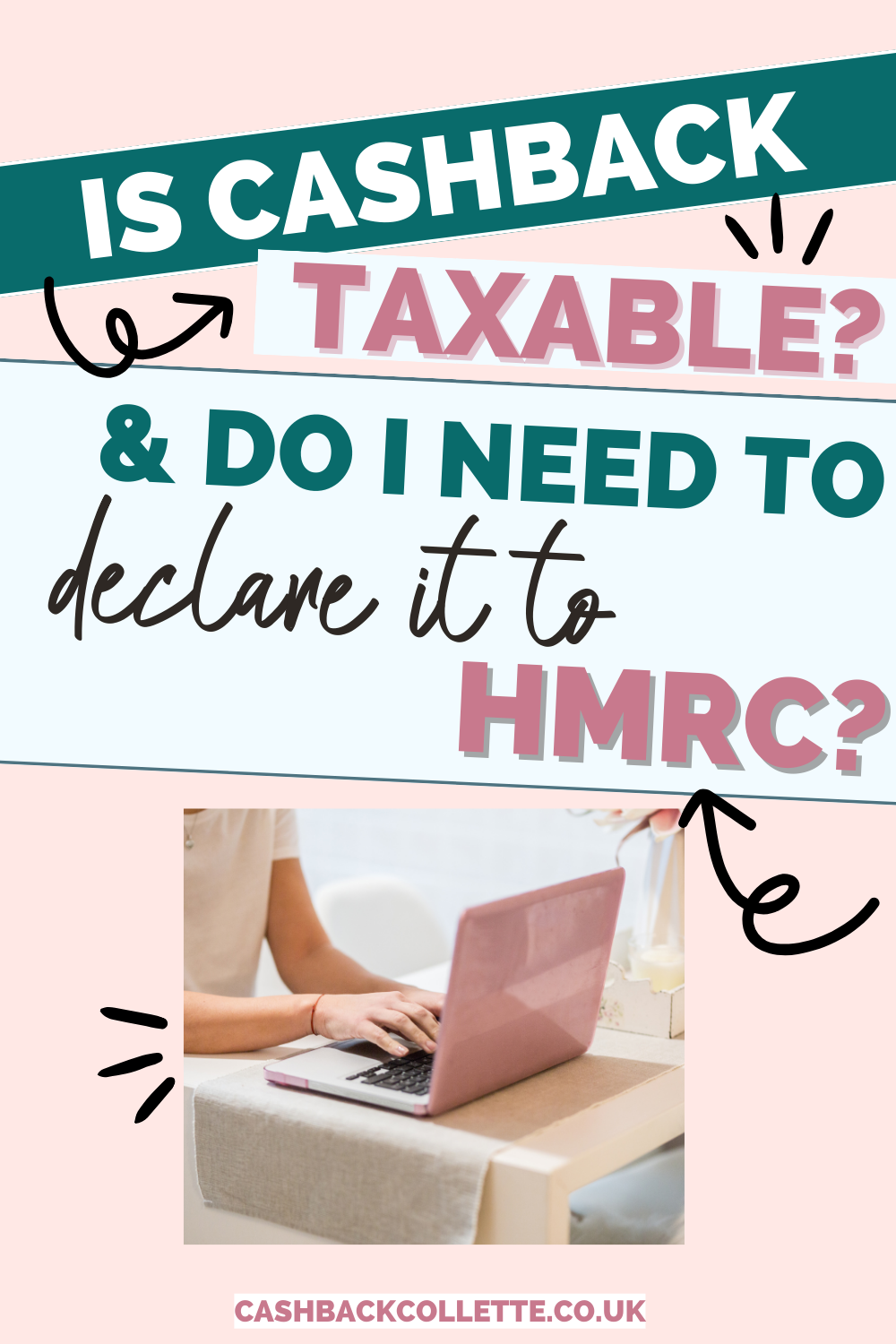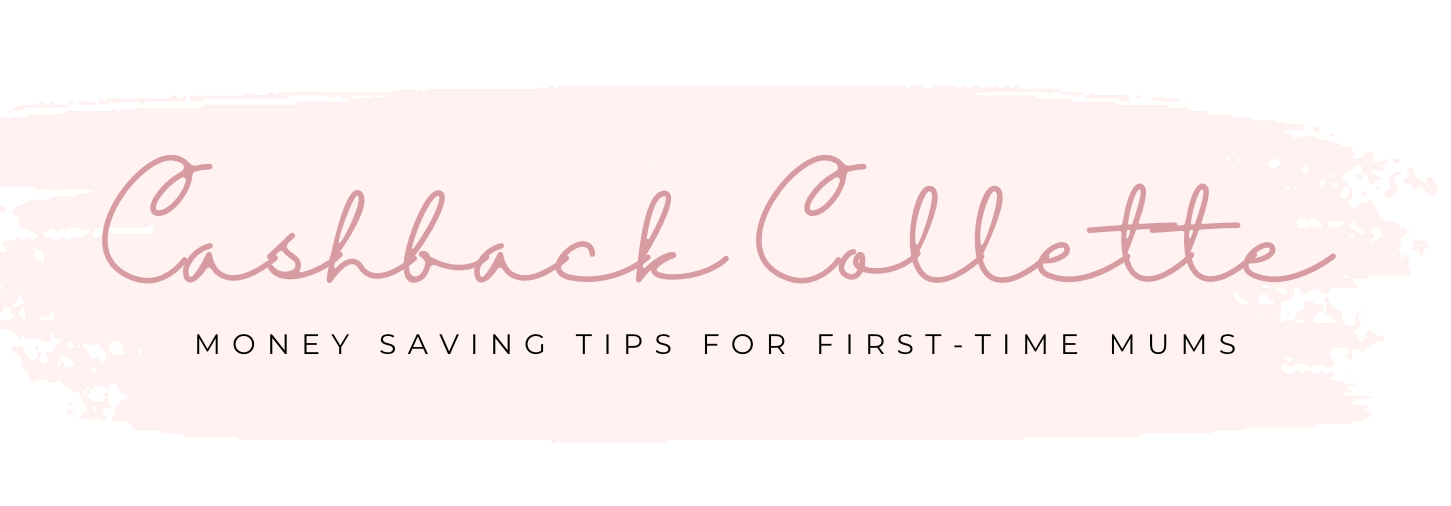Cashback sites and cashback apps are used by millions of us across the UK. Yet, there seems to be a lot of uncertainty when it comes to cashback and tax. Are cashback rewards taxable? Do you need to declare them to HMRC?
I’ll explain everything you need to know in this blog post. (Credit to my very patient, accountant husband for helping me get my head around this topic!)

Understanding cashback & tax
Cashback is where you get a percentage of your money back when you buy a product or service. There are two main types of cashback:
- Purchase-based cashback: This is the most common form where you receive a percentage of your spending back when you make purchases through a cashback site or app, or use a cashback credit card
- Bank account cashback: Some banks offer cashback rewards on certain transactions e.g. utility bills or when you meet specific criteria. This includes setting up a certain number of direct debits or maintaining a minimum balance each month
Each type of cashback has different tax implications…
Do I have to pay tax on purchase-based cashback?
Have you earned cashback from sites like TopCashback or Quidco? HMRC treats these rewards similarly to a discount or a rebate.
Here’s what you need to know:
- Cashback received for buying products is non-taxable: Generally, purchase-based cashback is not considered taxable income. This is because it is seen as a reduction in the price of the goods or services purchased rather than additional income.
- There is need to declare this type of cashback to HMRC: Since this type of cashback is not considered income, you do not need to declare it to HMRC on your tax return.
For example:
If you buy a £100 item and receive £10 cashback, HMRC views this as if you paid £90 for the item. There’s no need to declare the £10 cashback as taxable income.
Do I pay tax on bank account cashback?
Cashback received from bank accounts, on the other hand, can be more complicated. Here is everything you need to know:
- Cashback bank accounts are potentially taxable: If the cashback is linked to the use of your bank account and you’re getting rewards for direct debits or maintaining a minimum balance, it could be considered interest. HMRC may treat this type of cashback similarly to how interest on savings is treated.
- Tax-free allowance: The UK has a Personal Savings Allowance. This allows basic rate taxpayers to earn up to £1,000 in savings interest tax-free each year (£500 for higher rate taxpayers). If your cashback falls within this allowance, it will not be taxable.
- Declaration requirements: If your cashback, when combined with other savings interest, exceeds your Personal Savings Allowance, you must declare the amount exceeding the allowance to HMRC.
For example:
You receive £100 in cashback from your bank over the course of the year and you’re a basic rate taxpayer. If you have no other savings interest, this cashback falls within your £1,000 Personal Savings Allowance. And you do not need to declare it.
However, if you have made £1,200 in savings interest plus the £100 cashback, you would need to declare the £300 that exceeds your allowance.
So… Do I need to pay tax on cashback?
To round up what I’ve said in this post:
- Purchase-based cashback isn’t taxable and doesn’t need to be declared to HMRC
- Bank account cashback is potentially taxable as interest if it exceeds your Personal Savings Allowance and may need to be declared to HMRC
Even with these explanations, it’s still a largely grey area. Especially when you throw in the personal savings allowance confusion! I would always recommend speaking to an accountant who knows all about tax and income.
Alternatively, you could call a HMRC Advisor if you have any questions. (That’s if you can stand waiting on hold for half of the day!) Or have a look on the .GOV.UK income tax page for more guidance.
Either way, it’s important to make sure you understand the rules and are compliant. Because, let’s be honest, no one wants to be hit with an unexpected fine from HMRC!
Save this post for later…

